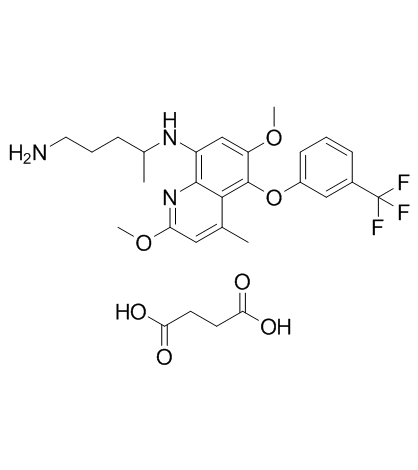Military aviators, special operations forces, and causal malaria prophylaxis.
James A Chambers
Index: Mil. Med. 168(12) , 1001-6, (2003)
Full Text: HTML
Abstract
U.S. military aviators are currently restricted to the use of chloroquine or doxycycline for malaria prophylaxis. Ground forces are allowed the additional option of taking mefloquine. These medications are begun before deployment, must be taken for 4 weeks after leaving the malarious area, and primaquine must be added to the regimen the last 2 of those 4 weeks. Compliance with this regimen is often poor, especially in populations who travel abroad frequently for short periods of time. Causal malaria prophylaxis offers potential benefits of decreased length of postdeployment regimens and obviates the need for a second medication for terminal prophylaxis. Potential obstacles include adverse drug reactions, cost, and rapid development of resistance to new medications by Plasmodium species, which should be weighed against the risks to health and mission success in each deployment.
Related Compounds
| Structure | Name/CAS No. | Molecular Formula | Articles |
|---|---|---|---|
 |
Tafenoquine (Succinate)
CAS:106635-81-8 |
C28H34F3N3O7 |
|
Uptake of the antileishmania drug tafenoquine follows a ster...
2011-11-01 [J. Antimicrob. Chemother. 66(11) , 2562-5, (2011)] |
|
Transmission-blocking activity of tafenoquine (WR-238605) an...
2003-11-01 [Am. J. Trop. Med. Hyg. 69(5) , 542-7, (2003)] |
|
A randomized, double-blind, safety and tolerability study to...
2009-08-01 [Am. J. Trop. Med. Hyg. 81(2) , 356-62, (2009)] |
|
In-vitro interaction of tafenoquine and chloroquine in Plasm...
2003-01-01 [Wien. Klin. Wochenschr. 115 Suppl 3 , 28-32, (2003)] |
|
Risk factors for gametocyte carriage in uncomplicated falcip...
2011-01-01 [Chemotherapy 57(6) , 497-504, (2011)] |